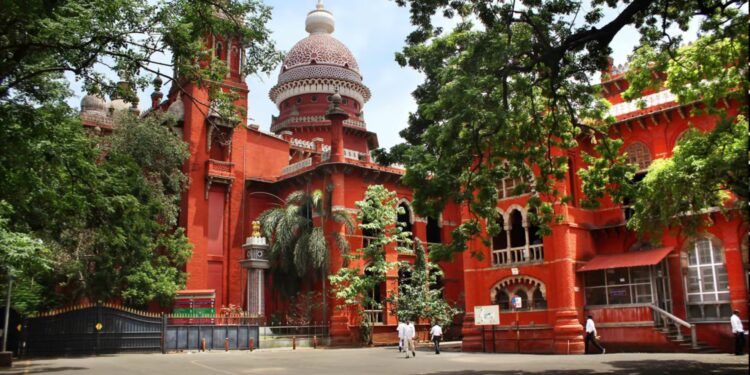The Madras High Court’s detailed judgment to reinstate proceedings against Santiago Martin and his co-accused for alleged money laundering and illegal cash possession underscores the Court’s stringent stance on upholding accountability in economic offenses, especially in cases involving significant sums and potential manipulation of legal processes.
Justice SM Subramanium and Justice V Sivagnanam’s ruling directly address the autonomy of money laundering charges, reinforcing the idea that the offense of money laundering under the Prevention of Money Laundering Act (PMLA) is standalone. Thus, once a complaint is registered under PMLA, it continues independently of any subsequent developments in the predicate offense.
The Court revisited the implications of the Supreme Court’s ruling in *Vijay Madanlal Choudhary v. Union of India*, which underscored that acquittal in a predicate offense could theoretically lead to acquittal in a related money laundering charge. However, the Madras High Court specified that once the ED files a complaint under the PMLA, the agency can pursue it autonomously. The ruling emphasized that if a predicate offense is closed under questionable circumstances—thereby impacting the justice system—the ED has a legitimate basis to seek judicial intervention through a revision petition under Section 482 of the Criminal Procedure Code.
The Court’s observations underscored that “proceeds of crime” identified by the ED form a distinct legal pathway, which remains relevant even if the predicate offense is later dismissed. According to the judgment, “Once the ‘proceeds of crime’ are traced by the ED and a complaint is filed before the Competent Court, the PMLA offense is treated as a standalone offense that must proceed according to PMLA protocols, irrespective of the closure of the predicate offense.”
The ruling particularly criticized the State agency’s decision to close the case without substantial evidence, asserting that this was done “suspiciously” and with “extraneous considerations.” The Court highlighted that the initial closure was based on outdated legal findings from 2013, which the Supreme Court had since overturned in 2018, making reliance on those findings “improper and irrelevant.”
In discussing the role of the ED, Additional Solicitor General ARL Sundaresan argued that economic offenses, particularly those with broad public impact, require thorough investigation and prosecution to prevent the accused from evading justice through procedural shortcuts. Sundaresan also contended that the closure report by the Tamil Nadu Central Crime Branch effectively hindered the ED’s ability to continue its probe into the cash seizures and the alleged creation of falsified documents to justify these funds.
Furthermore, the ED presented evidence suggesting that Martin and his associates had crafted an ante-dated sale agreement for immovable property to rationalize the possession of ₹7.20 crore in cash, purportedly as an advance payment. The defense, however, claimed that the money represented an advance paid by Martin’s wife, Leema Rose, toward purchasing a property. The Court ultimately sided with the ED’s stance, stating that fabrication of documentation, regardless of any income tax filings, does not negate the underlying illegality, mainly when it involves proceeds from potentially illicit activities, such as unauthorized lottery operations.
In addition to upholding the ED’s authority to challenge the closure of a predicate offense, the Court directed the ED and the State’s Crime Branch to continue parallel investigations and prosecute under both PMLA and IPC provisions. It highlighted that this collaborative approach is essential to address the complexity and gravity of the alleged offenses.
The decision is significant in the broader context of anti-money laundering jurisprudence in India, as it reinforces the independent and robust role of the ED in pursuing economic offenses even when predicate offenses face procedural closures. This judgment also aligns with the court’s recent trend of preventing procedural misuse in money laundering cases, as seen in a separate case where the same Bench revoked its decision to quash a money laundering case against retired police officer MS Jaffar Sait. In that case, the court initially closed the PMLA charges when the predicate DVAC case was quashed but later revisited the decision to ensure due process.
This order from the Madras High Court marks a critical affirmation of the ED’s mandate to pursue justice independently within its jurisdiction. It serves as a precedent to prevent the misuse of procedural dismissals to evade accountability in complex economic offenses.

















